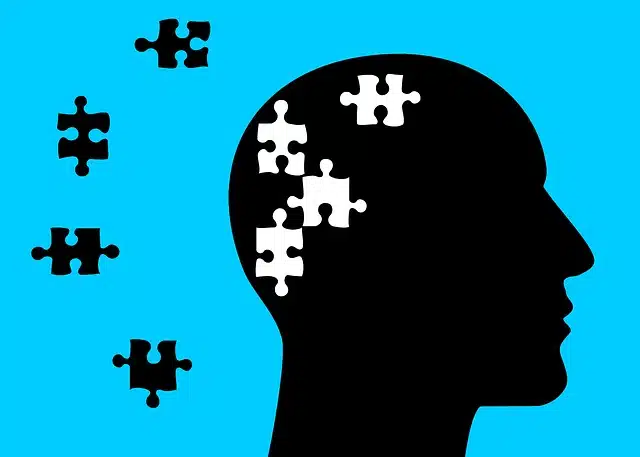
The Mandela effect occurs when many people share a false memory.
Originating from the Latin word effectus , effect is a term with several uses. It can be something that arises as a consequence of a cause or an impression that is recorded in the mind.
Mandela , meanwhile, is the surname of a former South African president and winner of the Nobel Peace Prize : Nelson Mandela . Born in 1918 and died in 2013 , he was a renowned activist who fought discrimination and was imprisoned for almost three decades for his social struggle.
What is the Mandela effect
The notion of the Mandela effect was coined by the writer, researcher and consultant Fiona Broome , who presents herself as a specialist in paranormal phenomena . Broome cautioned that when Mandela died in 2013 , she believed the South African leader had died in the 1980s .
A Broome le llamó la atención que otras personas compartían ese false memory. Por eso decidió escribir un artículo al respecto, aludiendo al Mandela effect. Con el time, el concepto se popularizó a nivel mundial.
It can be said that the Mandela effect occurs when many individuals share a memory that is not real. This means that subjects believe they remember the development of an event that, in reality, never happened.

The Mandela effect involves a memory error.
A phenomenon with several causes
According to science, the Mandela effect is a memory error that occurs for different reasons. At a general level, it should be considered that memories are built throughout the days, being modified by external influence and internal stimuli.
What is remembered, therefore, is not objective but subjective . A first original memory can mutate in a process where cognitive dissonances and confirmatory biases come into play.
A memory, then, changes or is even created over the years. The media, social relations and other factors have an impact on this dynamic. Especially due to the influence of the media and currently social networks , the Mandela effect can occur, with which many people share an erroneous memory.
Examples of the Mandela effect
Mandela 's death in the 1980s , which did not occur, is just an example of this effect. There are many other cases that show this peculiarity.
Believing that the character featured in the "Monopoly" game logo uses a monocle is another case of the Mandela effect . Something similar occurs with the protests that took place in China's Tiananmen Square in 1989 , when a man carrying two bags stood in front of a row of tanks, forcing them to stop. Many people believe they remember that the protester was finally run over by military vehicles, a situation that did not really occur.
The Mandela effect is also associated with what is remembered from cinema films . Some are surprised to learn that lines like “Play it again, Sam” in “Casablanca” and “Luke, I'm your father” in “Star Wars” were never uttered that way in the corresponding films. What you think you remember literally, then, is the work of the Mandela effect .
